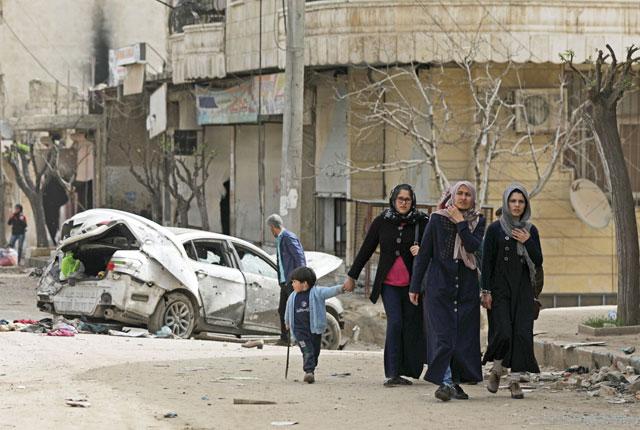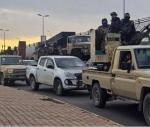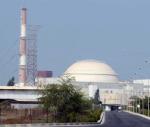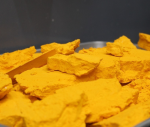You are here
Syrian Kurd leader arrested in Prague at Turkey’s behest
By AFP - Feb 25,2018 - Last updated at Feb 25,2018
ISTANBUL — Authorities in the Czech Republic detained one of the most prominent leaders of the Syrian Kurds at the request of Turkey, officials said Sunday, as Ankara pushes a military operation against Kurdish militia in northern Syria.
Saleh Muslim, long a figurehead of the Syrian Kurdish movement, was detained on Saturday night at an upmarket Prague hotel, Czech and Turkish officials said.
Turkish officials said Ankara was already working to have Muslim, the former co-chair of the main Syrian Kurdish political movement, the Democratic Union Party (PYD), extradited to face terror charges in Turkey.
The arrest comes as Turkey presses a military operation against the Kurdish People's Protection Units (YPG) militia — the military wing of the PYD — in the enclave of Afrin in northern Syria.
Ankara sees the YPG and PYD as the Syrian branch of the Kurdistan Workers Party (PKK), which for over three decades has waged an insurgency against the Turkish state and is banned by Turkey, the US and the European Union as a terror group.
Muslim is wanted by Turkey over a February 2016 bombing in Ankara that killed 29 people that the Turkish authorities blamed on Kurdish militants.
He has been charged in the case and faces 30 life sentences if found guilty. Muslim has rubbished the charges.
"The PYD chief has been arrested," President Recep Tayyip Erdogan told cheering crowds in the southern city of Sanliurfa. "Our hope is the Czech Republic will hand him over to Turkey."
'Interpol notice'
Czech police confirmed a 67-year-old foreigner was being held after being detained on Saturday based on a Turkish Interpol notice.
"Ankara Interpol staff were informed of the arrest. The police will take the standard steps in line with the law," it said.
"Our wish is that he is extradited," Turkish Deputy Prime Minister Bekir Bozdag said, noting both Turkey and the Czech Republic were parties to the European Convention on Extradition.
The Turkish justice ministry said if Muslim is remanded in custody by a Czech court, a formal extradition request will be sent to Prague.
Turkey's desire to see Muslim tried is a far cry from the early phase of the seven year Syrian civil war when he was a relatively frequent visitor to Ankara for talks.
Ankara was hopeful it could persuade the PYD turn against the Damascus regime of President Bashar Al Assad but this never came to fruition.
Muslim features on a Turkish interior ministry wanted list, with a 4 million lira (860,000 euro, $1 million) bounty for his arrest.
'Contrary to law'
Should Muslim be extradited to Turkey, his arrest would be one of the biggest captures of a wanted Kurdish leader by Turkey since the detention of PKK founder Abdullah Ocalan in a 1999 operation in Kenya.
Muslim was replaced as co-chair of the PYD last year, but remains a member of the diplomatic committee of the TEV-DEM political coalition that administers the Kurdish-controlled areas of northern syria.
"This act is contrary to the general values and international laws. The Turkish State has no right to prosecute or arrest any person who is not one of its citizens," TEV-DEM said in a statement, confirming Muslim is a Syrian citizen.
Muslim was in Prague for a meeting supported by the United States and had been due to leave the city on Sunday, a Kurdish official told AFP in Beirut.
Muslim has moved freely around Europe in recent years and it was unclear why Czech authorities would have decided to move now on the Turkish arrest warrant.
Turkey, meanwhile, has insisted a unanimous demand by the UN Security Council for a 30-day ceasefire in Syria would have no effect on its Afrin offensive.
"It will continue until the final terrorist is destroyed," Erdogan said, claiming that "bit-by-bit, Afrin is falling".
Syria's Kurds have taken advantage of the country's devastating civil war to seize control of large parts of their traditional heartland in the north, declaring autonomous rule.
This has raised deep concerns in Turkey, which fears that the establishment of a successful Kurdish political entity on its southern border could serve as an example and rear base for the PKK.
Related Articles
STOCKHOLM — A prominent Syrian Kurdish leader on Thursday criticised Russia for giving a “green light” to Turkey to carry out an offensive i
ERBIL, Iraq — Iraqi Kurdish authorities on Monday denied handing over to Turkey the niece of an influential Syrian Kurdish official wanted b
BEIRUT — Turkey has detained the niece of an influential Syrian Kurdish politician, himself wanted by Ankara, the family said on Sunday.Dali
















